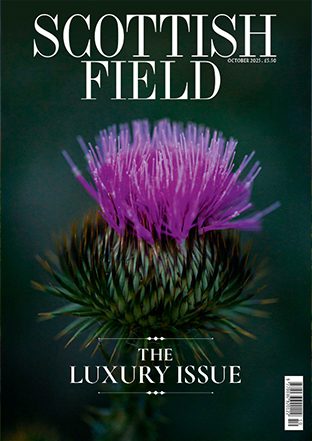We’ve all seen gulls causing having in town centres and seaside locations all over Scotland by ripping open bin bags with their beaks.
But now one Scottish council is fighting back against those those feathered pests.
Dumfries and Galloway Council are aware of the issues residents have with gulls. They are tp carry out a number of initiatives to address the problem, but residents and the general public must play their part.
One of the main reasons gulls are attracted to specific areas is for food and litter plays a big part in the gull problem.
With this in mind, the council are trialling gull-proof bags. The aim of this trial is to reduce the amount of litter on roads and pavements that has originated from waste bags damaged by large birds and other animals.
The initiative has been developed through co-operation between the council’s waste collection and street cleansing teams and will see around 40 households and businesses in Dumfries Town Centre being asked to participate in a trial of gull proof bags for the disposal of their waste.
Initially, the properties selected are concentrated in a small area so that the impact of the trial can be measured.
Officers from the council will be contacting residents and business owners over the next two weeks to explain how the new bags will work and ask them if they wish to take part in a six-month trial to test their viability and practicality.
Should the gull proof bags prove successful, Dumfries and Galloway Council anticipate that town centre properties, currently provided with refuse sacks instead of a wheeled bin for their waste, will be permanently provided with these seagull proof bags instead.
Archie Dryburgh, chair of economy, environment and infrastructure committee said: ‘There is no doubt that gulls continue to create misery for many people and we recognise this. We know they are attracted to litter, that’s why we ask people to dispose of their waste appropriately.’
Chair of the communities committee Andy Ferguson said: ‘Unfortunately, gulls have learned where to find food sources, so we are rolling out these trial bags to see if this will deter them from creating havoc by pecking and spreading waste, thereby attracting even more birds. If successful we hope to roll this out in other problem areas across the region in the future.’
TAGS

